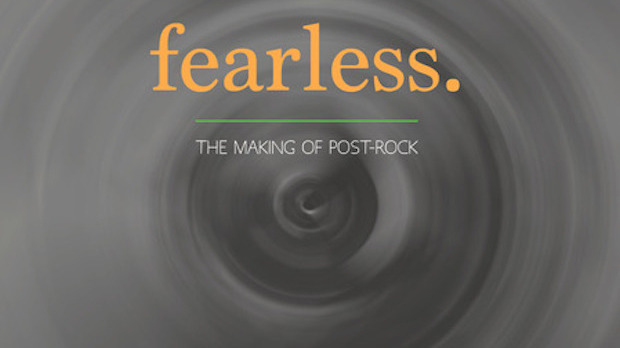The definition of ‘post-rock’ is as nebulous as the music it seeks to label, yet at the same time neatly encapsulates the condition of using traditional rock instruments but in a way that liberates them from what author Leech describes as their “individual sentry posts”. Although the term was invented in 1994 by writer Simon Reynolds, Leech sensibly realises that post-rock has a long history which takes in the Velvet Underground, Krautrock, Eno, dub, post-punk and more.
By the time she reaches the 90s in her narrative, however, there is a sense of despondency and loss of centrality which affects the likes of Disco Inferno, Godspeed!, AR Kane and Bark Psychosis, all condemned to the margins as mainstream rock-turned-retrograde with Britpop. These are rags-to-rags stories, in which no one breaks big; the consolation for the post-rockers is that, having nothing to lose, they are free to be musically fearless indeed.

